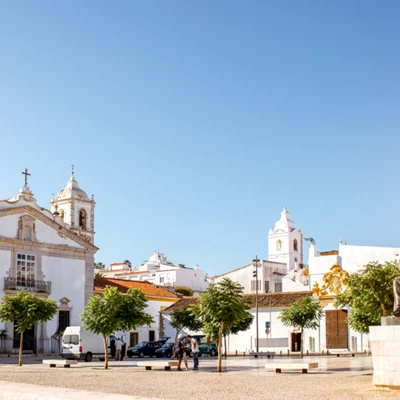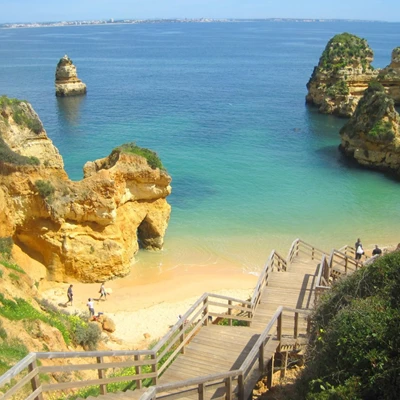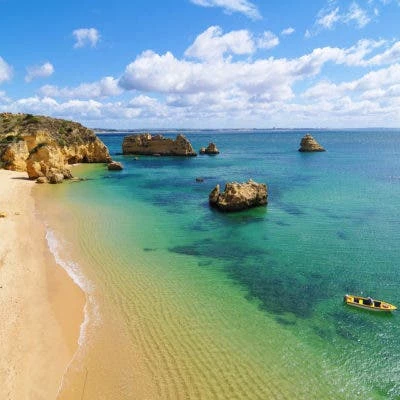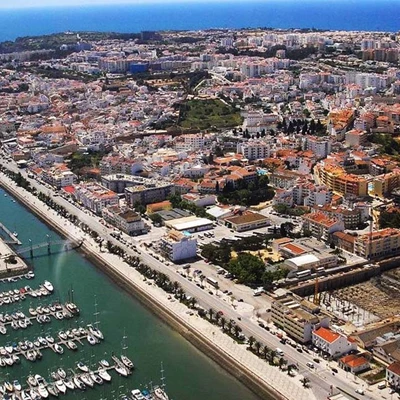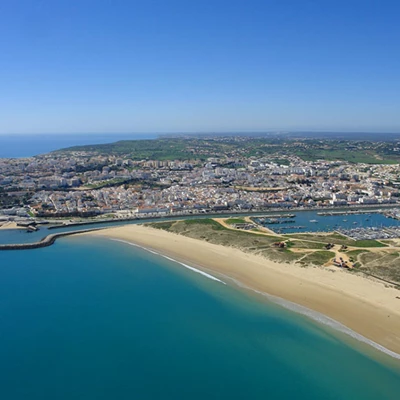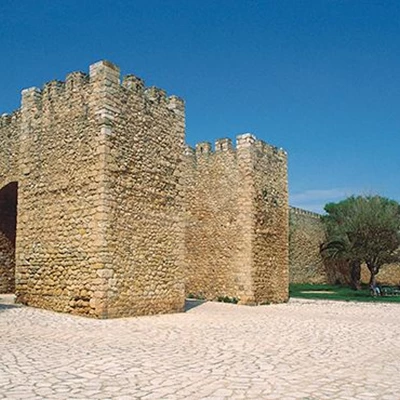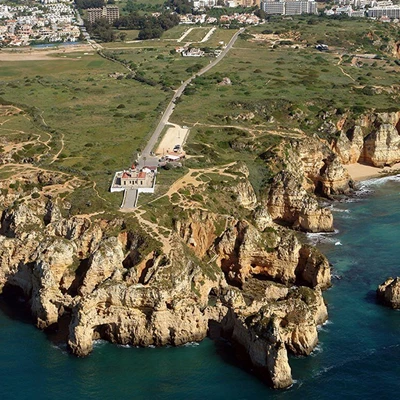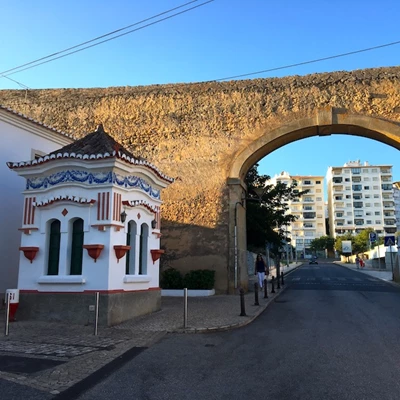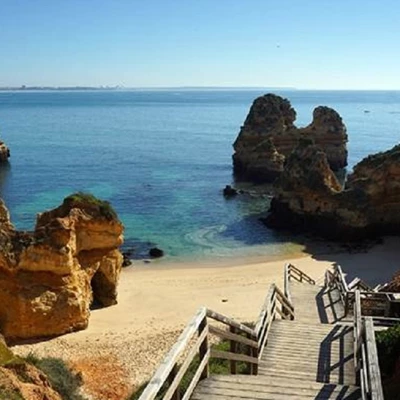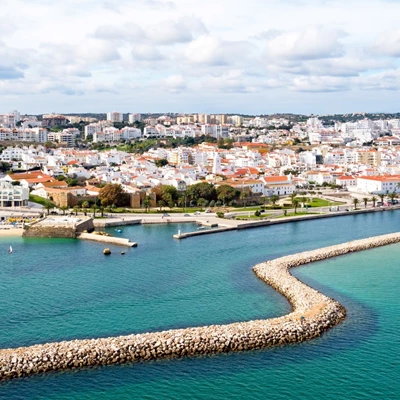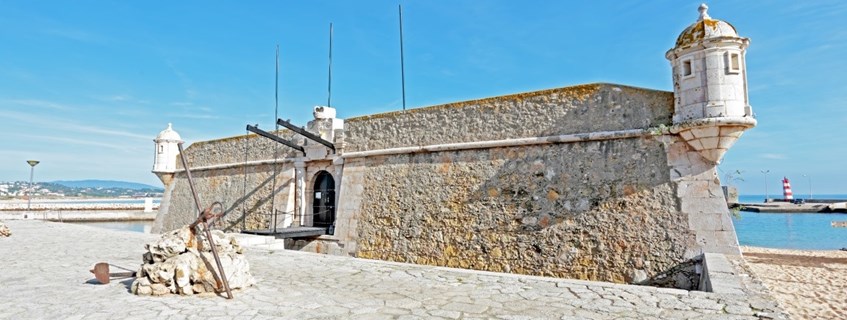
Come and discover Lagos.
The magnificent history of Lagos has always been closely linked to the sea. It was in Lagos that the era of the Portuguese Discoveries began.
Lagos, has still conserved its cosmopolitan spirit, accepted the challenges of modern times, but without neglecting the heritage of its past. Today, Lagos is an excellent place for all kinds of sports and nautical activities for its stunning golden slopes known for the "Costa d'Oiro"
In the 19th century. XV, Infante D. Henrique, "The Navigator", equipped his caravels and paved the way for the great discoveries from Lagos. Thus, the small port of Lagos became a window to the world and a meeting point of international sea routes, where the paths of many cultures crossed.
The name Lagos is of Celtic origin and comes from the primitive name Lacobriga. Lagos was a settlement of the Carthaginians, who hired Celtic tribes to fight the Romans (the Phasic Wars). It was later populated by the Romans, becoming the Roman province of Lusitania. Some Roman remains are still found in lagos and its surroundings.
The city was occupied in the 6th century by the Visigoths of the Kingdom of Toledo and later by the Byzantines. The Moors came in the 8th century. It was part of the coastal region of al-Gharb (from where the name Algarve comes from). The Moors strengthened the city and established important business links. In 1174 the Wali sites gave permission for the construction of the Church of St. John outside the walls. This is the oldest church in the Algarve. Even during the reconquest of Portugal by D.Afonso Henriques, the south (the Algarve and alentejo) remained under the conquest of the Moors. It was reconquered by D.Afonso III in 1241. After the conquest of the Algarve completely in 1249 the king called himself "King of Portugal and the Algarve", which demonstrates the fact that the Algarve, after the long reign by the Moors, was considered a foreign country that was not part of Portugal.
Lagos became an important city in the 15th century, the time of the Portuguese discoveries. Infante D.Henrique, the third son of D.João I lived most of the time in Lagos. From here he commanded expeditions to Morocco, the west coast of Africa, with caravels, naus with excellent maritime capabilities. Lagos was also the home port of Gil Eanes, the first explorer to bend Cape Bojador in 1434, considered at the time the end of the world. It was a remarkable moment for the Portuguese' exploration of Africa.
